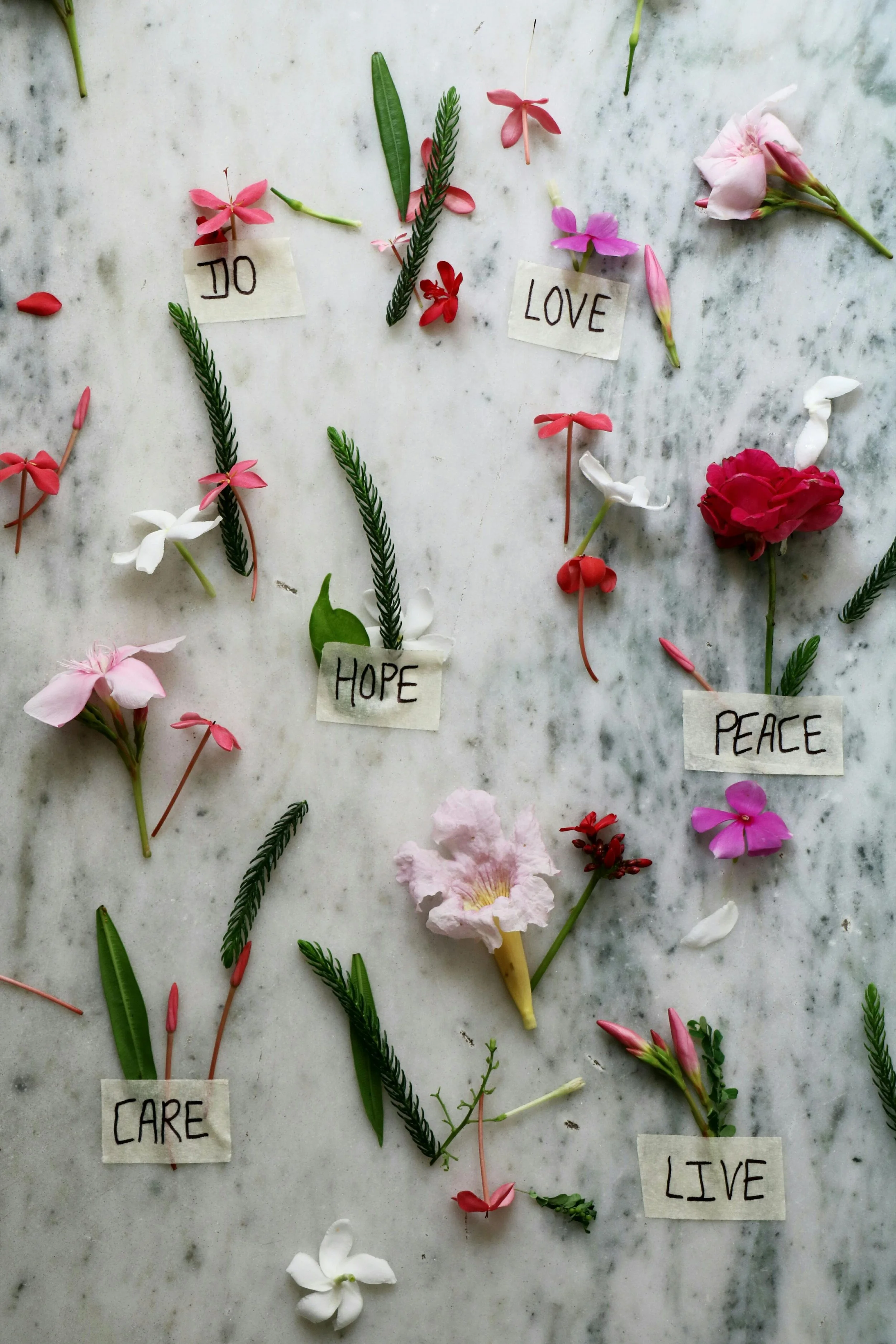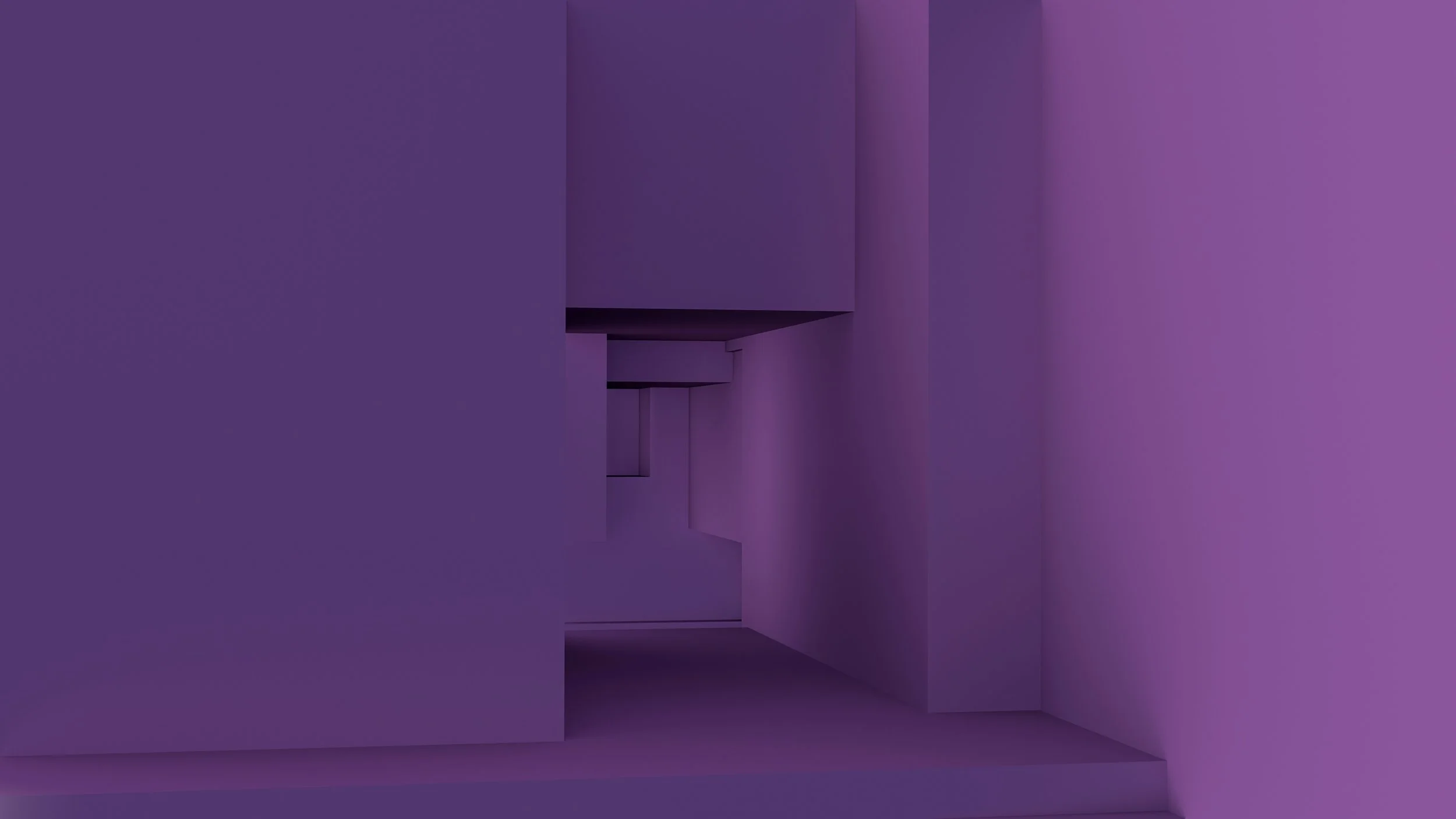By Aiswarya Asokan (South India)
A couple of decades ago, when schools were shut for summer vacations, all the cousins returned to Grandpa’s house to spend the vacation. It was bedtime, and all the children secured their place in the bed, waiting for Grandpa to narrate a story before falling asleep. It goes:
“Once upon a time, there lived birds without wings, which deprived them of the joy of flying freely in the sky and experiencing the vast beauty of sky and land. Therefore, it spends all its time in the land, trying hard to find its food and merely surviving.
This made the birds extremely sad, and it was believed God had cursed them. Time passed, and it became even more difficult to thrive, then God called them and ordered them to carry the weights of some more objects. Birds pleaded to the god to take these weights away from them, but he disagreed. At last, there was no other way other than to carry this burden.
But to the bird’s surprise, it started floating in the air; the weights that dragged it down were now enabling it to fly. What a pleasant surprise: the weights that caused a burden to the birds have transformed into wings. Only then did the birds realize the weight it carried this long has equipped it to fly high and conquer heights.”
After all the fun and games and a cozy bedtime story, I dozed off to sleep but woke up abruptly with a bit of discomfort inside my tummy; I had to throw up immediately. Everyone had to wake up in the middle of the night and clean the mess; maybe my stomach was upset from something I ate the day before.
Such incidents occurred again and again, maybe vomiting or else diarrhoea, sometimes some uncomfortable feeling inside accompanied by headaches (later on I learned that these feelings can be named nausea, bloating, abdominal cramps, and heartburn…). I hated any kind of physical exertion, whether a dance class, sports, or walking; Physical Education periods were my worst nightmare. Getting into menarche doubled down the sufferings. I was always clumsy with things and had a lot of pain carrying stacks of notebooks from one classroom to another, carrying my school bag, and climbing stairs to reach the classroom. I used to pant like I had participated in a marathon after making it to the classroom each day. It even demanded a good deal of energy just to complete a proper head and body wash. I used to collapse into the bed after a proper shower. But how to gain some energy back? Okay, let us concentrate on food, but however you try to stuff yourself with food, it just bounces back, putting yourself in much more trouble. And visits to the doctor turned out to be a normal stunt just to repeat the cycle once again. Innumerable nights spent tossing to and fro in bed, squeezing the pillow, with frequent visits to the washroom in between, wondering when I could breathe in peace with a perplexed mind not knowing what’s going wrong. This is usually followed by a week where you have to live with an empty stomach if you need to forget the pain.
It is frustrating to navigate a life that is like walking over eggshells. Even the so-called happy normal days come with a lifespan of a firefly. It's so unpredictable, and all your efforts to mend it can go in vain. This leaves you with a heavy mind full of rage and despair. On the flip side, this journey gives you the resilience, endurance, and wisdom that no exams or university education can ever give you. Once you harness this energy, then the sky is your limit. It teaches you to be humble, empathetic, and to live in the moment. But still sometimes I feel deep inside Mother Teresa was right when she said, “The hunger for love is much more difficult to remove than the hunger for bread.”
Image from Unsplash.












